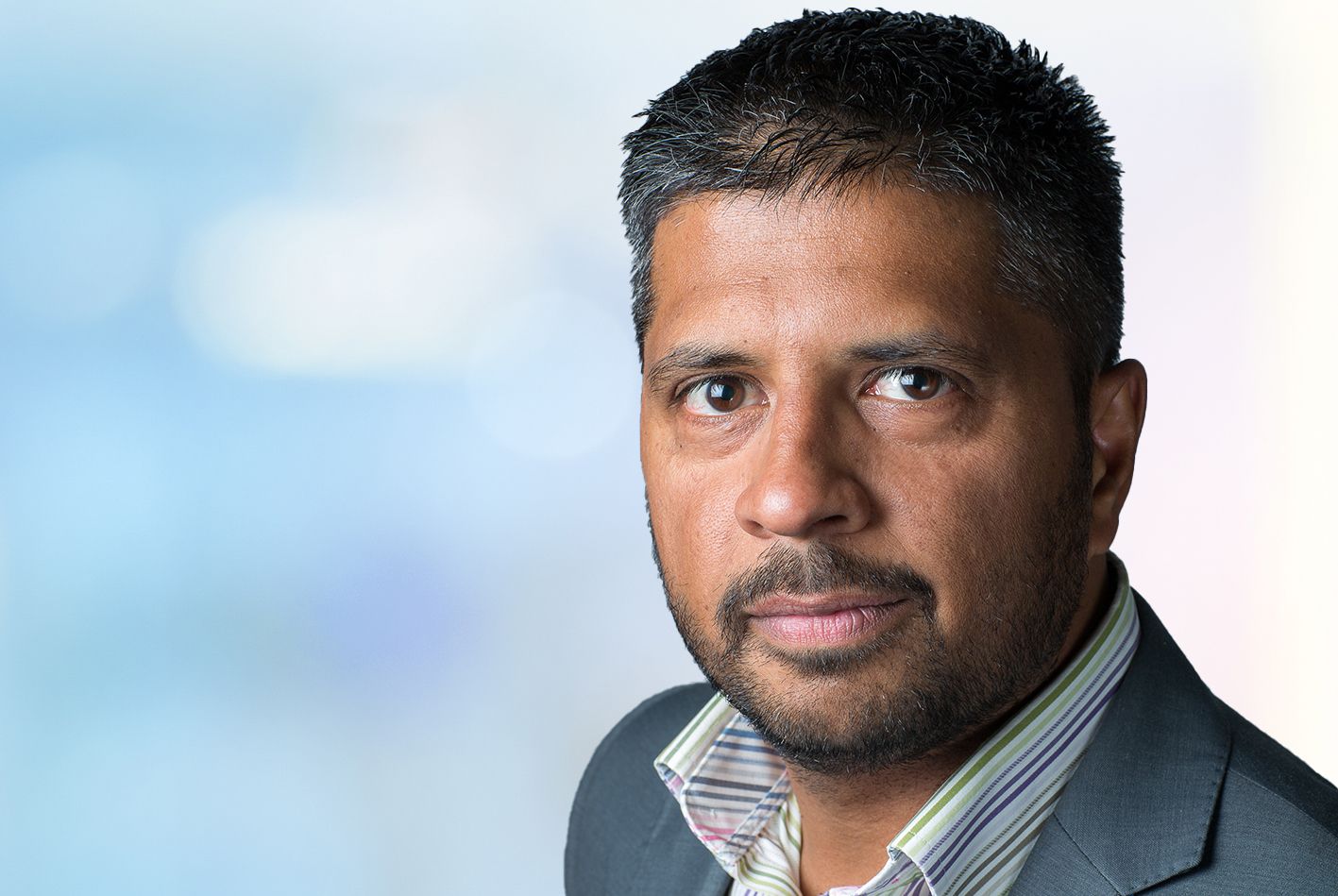Asset management companies applying an ESG lens need to take a closer look at what they are doing with profits as too many see it as a “one-way street of extraction of value” rather than plowing that value back into environment or society, according to Suresh Mistry, co-founder and head of ESG and impact reporting at emerging market boutique Alquity.
Speaking to ESG Clarity, Mistry told of how he previously worked in retail where margins are around 2% to 3%, whereas in asset management, they may be upwards of 30%.
He said: “What’s a fair return? Has the industry for too long been extracting far too much out of the environment, out of investors, out of society, out of companies when actually it should be ploughing some of that back?
“That’s why we’re in the situation we’re in [with climate change, biodiversity loss and inequality], because it’s been far too much a one-way street of extraction of value rather than returning some of that value back,” Mistry said.
Alquity currently donates 10% of all revenues to projects “on the ground” to help people get onto the economic ladder where the group is investing.
“We turn that ESG lens on ourselves, because the way you allocate capital shapes society. So for us, we do that with our own capital.”

Mistry said he sees the donations as a way of creating the future you want to invest into. Projects include Phool, which recycles flowers that people have taken to temples and turns them into incense, which avoids them polluting rivers such as the Ganges. Another is a social enterprise in Kenya that recycles waste plastic into building bricks. In 2020, amid the coronavirus pandemic, Alquity launched the the 40-40 Campaign calling on asset managers to team up and support communities in the developing world hit by the Covid-19 crisis.
Alquity launched in 2010 and specializes in ESG emerging markets funds, such as the Alquity Indian Subcontinent Fund and the Alquity Africa Fund. The firm currently has $130m in assets under management. Last year, the firm entered a strategic partnership with East Capital Group and received financial backing from co-founder of Aberdeen Asset Management Martin Gilbert as well as the founders of Investible. It announced it is targeting a 10-fold increase in revenues and $3bn in assets under management over the next five years.
Mistry said the company has an aspiration that when it is at scale, which he said could be over £1bn AUM, it will put 25% of revenue back into such projects like the ones it currently works with.
“Ultimately, the 25% is from revenue, but you’ve got to be able to make more than 25% profit to be able to give that at the revenue stage.
“We’ve been giving while we’ve been unprofitable, so we’re not going to increase that 10% until we’re at a decent level of profitability, so we can do it in a sustainable fashion.”
Paying for profit
Returning to the role of asset managers in the world, Mistry said it is important to look at the history to see where the sector should be headed.
He noted the trend has been for fund managers to force companies to focus solely on financial returns.
“Why do we have issues like climate change? Why do we have massive inequality in the world? Why do we have biodiversity loss? Because fund managers … are forcing companies to focus on financial returns. Companies are excluding all other considerations in that pursuit.
“As a consequence, you get the profit but you don’t pay for that profit today, you pay for it in 100 years’ time, when the climate is fried.”
The Alquity co-founder cited the Dasgupta review – an independent review on the economics of biodiversity, produced by professor Sir Partha Dasgupta and published early last year. The paper recommended adopting measures of wealth that account for natural capital.
Mistry agreed finance needs a more profound connection with nature and society.
“There may come a point at which governments have to legislate against that practice [of pursuing profits at any cost], almost forcing companies to … pay for natural capital.
“The Dasgupta review said you’ve got to start paying for using natural capital. But natural capital is all sorts of things – not just water and extractives and things. It’s people and human lives.”
Challenges of EM investing
Things are not straightforward when it comes to paying for natural capital in emerging markets, however, as Mistry explained Alquity invests in traditional sectors and cannot avoid the negative environmental consequences of those activities.
He added Alquity tracks and measures data from companies around emissions, water and waste but ultimately, these are not “green” companies necessarily.
“We’re not just going to invest in renewables, etc. We’re talking about transitions. As a consequence, these companies – by definition – will be producing greenhouse gas emissions. And probably, if you look at their greenhouse gas emissions today, that would lead to a greater than 1.5°C [global temperature] change.
“We’re engaging with these companies to say, ‘we’d like you to have a target of net zero by 2030.’
“We are part of Net Zero Asset Managers Initiative and we’re clearly targeting that for our portfolios.”
Mistry said, “It’s a journey,” and highlighted his firm would like to do more to push the green transition forward. Although Alquity does not have the resources some of the larger players have, it tends to invest in small- and mid-cap companies where it can engage directly with managers.
Another issue which is particularly salient for emerging market investors right now is the politics of the countries being invested in. Alquity has written down its investments in Russia to zero following Russia’s invasion of Ukraine because Mistry said the country is now “uninvestable.”
But generally, the firm takes the view it is investing in companies not countries and tries to stay out of comparative value judgements such as how much more corrupt a government in an emerging market is when compared with the government of the UK, or how ethical certain political systems or religions are when compared with others.
Strategies have exclusions in place on sectors such as defense, which provides the ESG starting point, then it comes down to high ESG standards at company level and avoiding politically sensitive sectors.
“We focus on ensuring that the ESG at the company level is done to a very, very high standard.
“We are very, very comfortable that the company itself and the owners are not connected to government – so we don’t invest in state-owned enterprises and we don’t invest in large sectors that are typically pawns of government policies. Utilities tend to get dragged into things like this.
“We tend to stay in less politically sensitive sectors. And then when we’re in those sectors, we do very high quality, high level ESG analysis to ensure we’re very comfortable with holding those positions and knowing those companies, particularly around the governance aspect.”
Governance, Mistry said, is regularly the sticking point in emerging market companies with it be prone to negative influence from government policy.
Having a clear set of values is vital, Mistry said. And he said Alquity’s goal is to help reduce inequality and help build sustainable economies around the world. It is important, he advised, to keep in mind what the you are trying to achieve in terms of increasing prosperity for companies and for the common person.
“That’s what emerging markets are all about really – it’s about people who have been left behind being given the opportunity to catch up,” he said.








